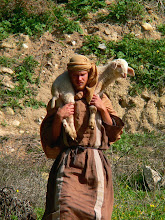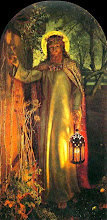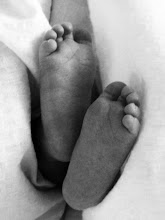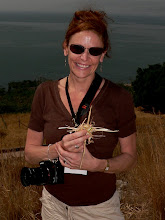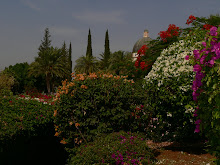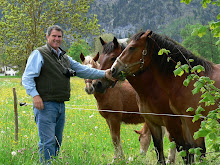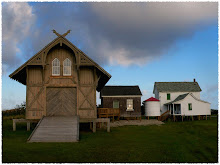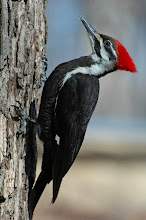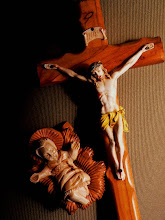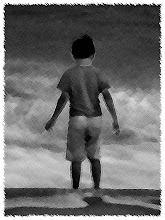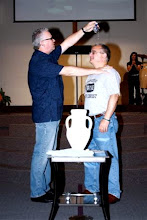My friend, Jen, wrote this devo recently. Had to share it:
A Tree Named Barbie
Jennifer Baker - September 18, 2024
In the small Connecticut town of Essex there is a nature preserve named Bushy Hill. This summer two friends, along with my husband and myself, took morning walks through the woods before the heat got too unbearable. At this hour we were the only representatives of humankind in the preserve, no other cars in the tiny roadside pull off parking, no other voices carrying on the wind to disrupt the bird’s chorus.
It truly was a road less travelled. On one particular spur, my friend happened on a peculiar tree off the beaten path. Now while I was worried about ticks and spider webs, she braved to draw closer to what caught her eye. As I shouted across the overgrowth, “Take a few pictures for me so I can see what you’re talking about,” I heard her excitement about some barbed wire. I could only imagine what she found.
Emerging from the thicket, she showed me three pictures of a tree which had a rusted barbed wire nailed into its trunk. What made her so excited was that it was so old that the tree had grown around the barbed wire. What made me so excited was that God spoke clearly to me about His lesson in this serendipitous find.
You see, long ago someone for some reason nailed something harmful and painful into the flesh of the tree and abandoned it. But the tree continued to grow. It grew taller. It became a home for birds to nest, for squirrels to store food, for moss to flourish, and for humans to benefit from its beauty and function. And all through this, the barbed wire remained.
The nail which held the cutting barbs was now weak and rusted. The bark had grown around the painful metal thorns until they were no longer visible at points. The barbed wire snaked in and out of the side of the tree. It was no longer the nail that held the thorns, but the body of the tree. The tree had grown around the wound, hiding it inside. And yet the tree continued to flourish.
Like the tree, we can have past wounds that were inflicted on us by another. Even if the injury occurred long ago, the hurt remains inside. We can heal over, and the wound can still exist inside. But it doesn’t have to stop our growing. We can still reach for the heights of treetops. We can still be a safe place for others around us. The tree’s strength came not from its height, its circumstances, or even its wooded neighbors. Rather, its strength came from its root’s foundation.
This flourishing tree was planted about ten feet from the creek that flowed through the forest preserve. It reminded me of Psalm 1:3 “They are like trees planted along the riverbank, bearing fruit each season. Their leaves never wither, and they prosper in all they do.” (NIV) The righteous man is like a tree planted by the riverbank, bearing fruit, never withering-even when there is pain from the past that remains inside.
While I have no doubt that God can and is able to remove the nails, the barbs, the past wounds that remain deep inside, sometimes He chooses not to. And what do we do with this answer? The apostle Paul spoke of a thorn in his flesh. Something that tormented him that clearly was from the enemy. Perhaps it was physical, perhaps emotional but the scripture isn’t clear on the nature of the thorn. What is clear is that Paul asked for it to be removed three times. And God chose not to, for a purpose. That purpose was for Paul to know that God’s grace is sufficient. God’s strength works in Paul’s weakness.
So, as I look at the three pictures of a tree I now affectionately call Barbie, I am reminded of God’s grace and of His perfect strength. I see in her branches a hope. There is growth. There is fruit in this place by the river. As I ponder my journey, including the memories of hurtful remnants, I can see God’s hand in everything. I choose to trust Him all the more because just perhaps, long ago, someone nailed that barbed wire to that remote tree in Bushy Hill preserve so today God could speak to me a truth at a time I need to hear. His strength is sufficient, His faithfulness is true.







































































